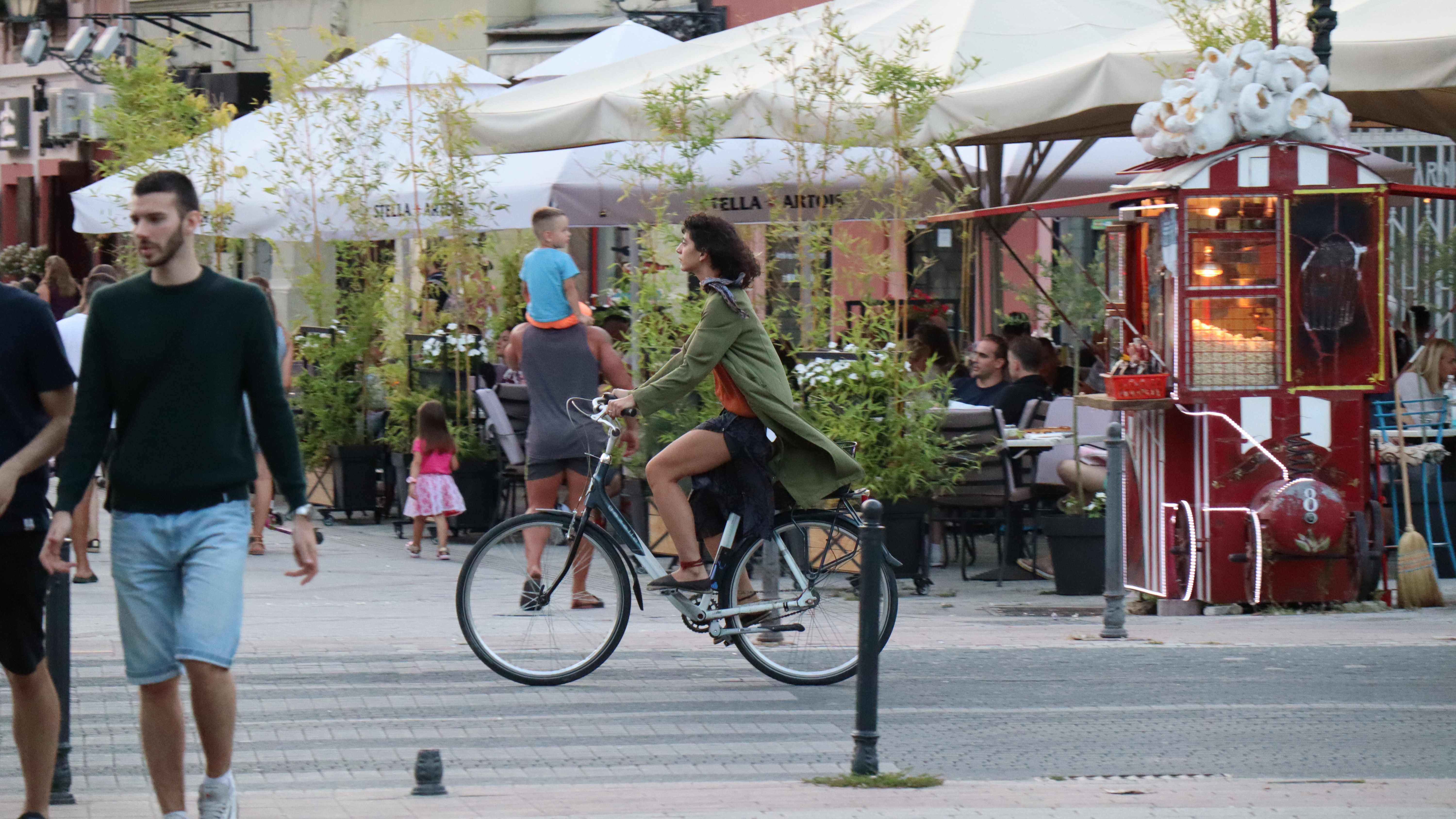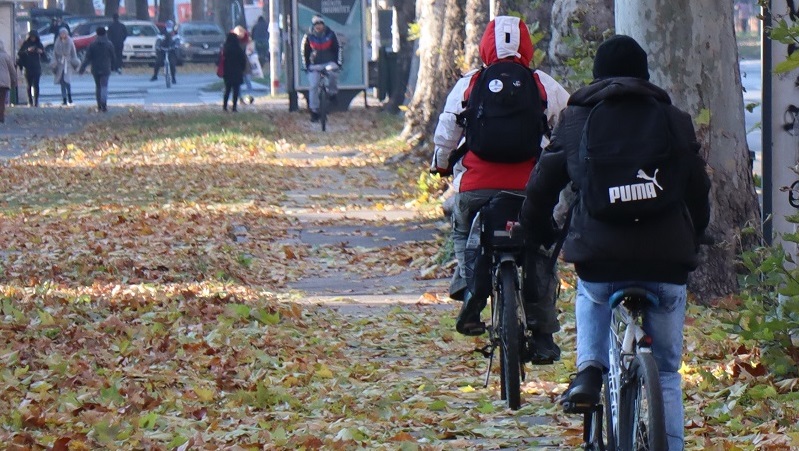
Serbia’s Cycling City Pioneers New Subsidy Initiative
Novi Sad, Serbia’s “cycling city”, is set to provide incentives for bicycle purchases, a first for the country. The landmark initiative follows successful advocacy from the Novi Sad Cycling Initiative, a member of the European Cyclists’ Federation.
In early 2020, the Novi Sad Cycling Initiative (NSCI) sent a proposal to the Serbian Ministry of Environmental Protection and the Serbian government asking to subsidise the purchase of bicycles. Following this proposal, Minister of Environmental Protection Goran Trivan appealed to local governments to initiate subsidy campaigns similar to those already in place in neighbouring Montenegro and North Macedonia.
In March 2021, with almost 40,000 regular cyclists amongst a population of 290,000, Novi Sad is set to become the first city in Serbia to provide incentives for the purchase of bicycles. European Cyclists’ Federation (ECF) welcomes this decision and continues to advocate that progressive cycling initiatives, such as this, are an effective way to reduce pollution generated by the transport sector, thus improving air quality and benefitting citizens’ health.

It is commonly asserted that the largest environmental polluters in Serbia are industrial plants and individual furnaces, while the harmful impact of cars and other transport emissions remains largely ignored. Therefore, it is no surprise that recent considerations for restricting cars of a certain age from entering Novi Sad’s city centre have been met with ambiguous reactions.
However, the promotion of cycling has proven a more auspicious enterprise for reducing transport pollution. Last year’s proposal for bicycle purchase subsidies came as a reaction to the announced granting of state-financed subsidies for the purchase of new taxi vehicles. While only a small percentage of these taxi subsidies have been used, the bicycle subsidies are expected to be enjoyed by all, encouraging a positive modal shift towards cycling.
Though it is yet to be announced how these incentives will be awarded, and in what amount, a total sum of 8 million dinars (ca. €70,000) for 2021 has already been budgeted at the city level. The Serbian Directorate for Environmental Protection recognises the merit in “Encouraging the use of bicycles as environmentally friendly transport,” asserting that it is necessary “to increase the number of cyclists on the streets of the City of Novi Sad in order to improve air quality and decrease environmental pollution.”
Novi Sad, the City of Bicycles
It is fitting that Novi Sad has become the first Serbian city to implement such a scheme. Nationally recognized as Serbia’s “cycling city”, Novi Sad has an impressive history when it comes to cycling.
At the end of the 19th century, it was home to a popular velodrome built on the site of a former Turkish khan. It was one of the first cities in Serbia to build bicycle paths and today hosts a widespread network of over 100 kilometres of paths.
Novi Sad is home to Serbia’s first-ever bicycle traffic lights and first free bicycle self-repair station. A series of traffic counters on bicycle paths regularly provide data on the number of cyclists in the city while, almost a decade ago, the city’s first rent-a-bike system was introduced.
In 2011, Novi Sad became the first Serbian city to officially allow cyclists to move through pedestrian zones. This breakthrough came after a successful protest by dedicated cyclists, an event which marked the establishment of NSCI. Shortly after this, and for the first time in Serbia, bicycle lanes also appeared in opposite direction on one-way streets.
In addition to bicycle purchasing incentives, Novi Sad cyclists can expect the city to work on the reconstruction of bicycle paths in Futoški park later this year and, according to recent announcements, on the embankment from the Liman and Telep neighbourhoods to the Futog area, along the international EuroVelo 6 cycling route.
ECF welcomes the announcement for bicycle purchases incentives in Novi Sad, recognising such initiatives as a positive means of ensuring more cycling is available to a wide demographic of European citizens. We are proud of the continued efforts of our members, including NSCI, in all their efforts to ensure widespread encouragement and growth of cycling in Europe.
Contact the author
Recent news!
Upcoming events
Contact Us
Avenue des Arts, 7-8
Postal address: Rue de la Charité, 22
1210 Brussels, Belgium









